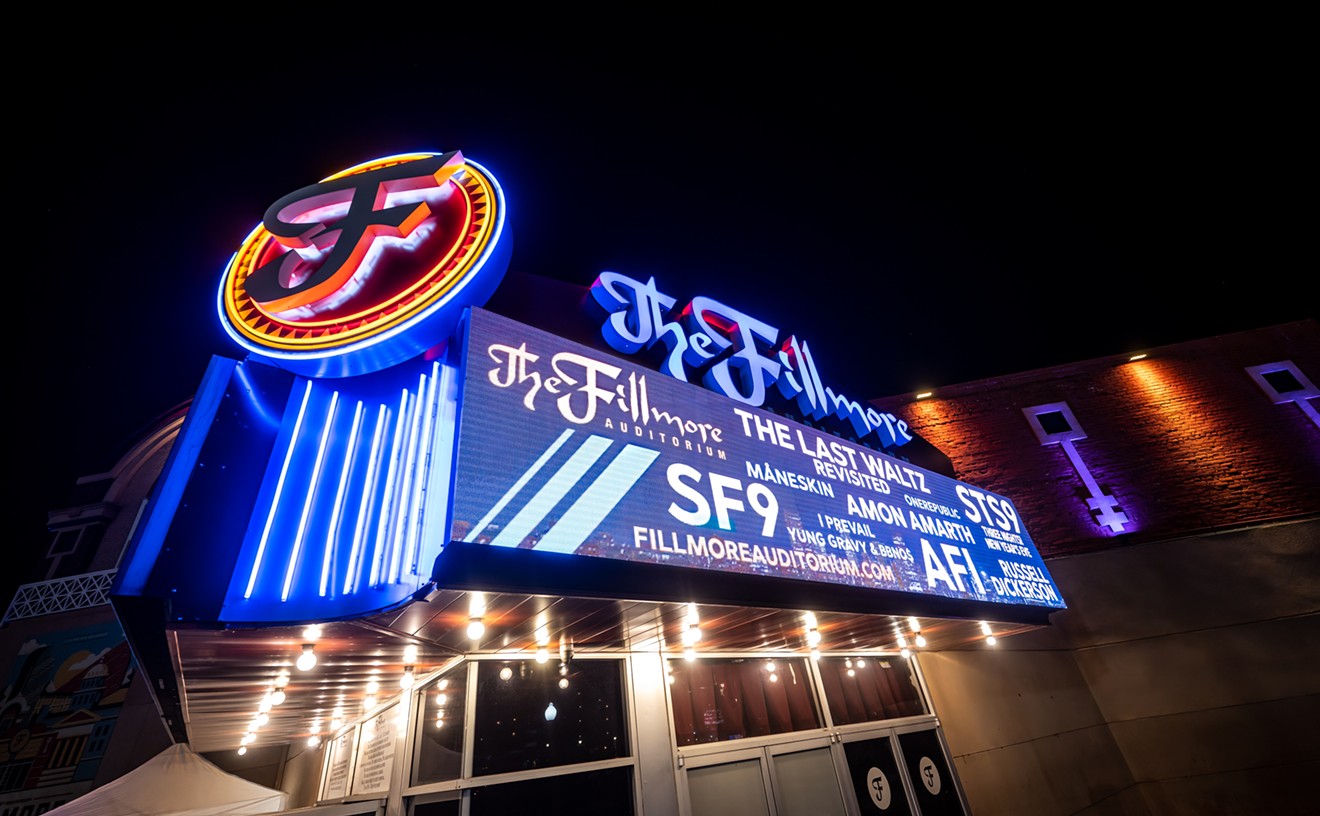With The Rising, a meditation on the World Trade Center attacks and their fallout, Springsteen multiplies these characteristics by a power of 9/11. He's among the few major performers who could release such a disc and not be charged with exploitation, and probably the only one who could garner so much mainstream media attention for taking on the challenge. If Ted Koppel had asked ABC to let him assemble an extended-length Nightline centering on, say, an exclusive interview with Ariel Sharon, the network's chieftains would probably have reacted by restarting negotiations with David Letterman -- but they were happy to stretch out the program when the Boss came calling. Still, Springsteen's determination to assist in the nation's healing process, laudable though it is, proves too much for even a musician of his prodigious gifts. Several of the tracks here are as moving as anything he's written, but many others are plodding, excessively cautious and even a bit banal -- less operatic than Oprah-atic.
Part of the problem is Brendan O'Brien's production, which is smooth, safe and so Triple-A-radio friendly that it practically embalms the E-Street Band, back on a Springsteen studio album for the first time since 1984's Born in the U.S.A. "Mary's Place," the most nostalgic new creation, is intended as a showcase for Clarence Clemons's wailing saxophone, the guitars of Nils Lofgren and Steven Van Zandt, the keyboarding of Roy Bittan and Danny Federici, and the rhythm section of Garry Tallent and Max Weinberg -- and to a modest degree, it turns out that way. But aside from a couplet that pays unintentional tribute to Pink ("We're gonna have a party/Tell me how do we get this thing started"), the number feels labored and lacking in immediacy: E-Street under glass.
More troubling, however, is Springsteen's lyrical tendency to dilute the horror and sadness of his subject matter with knee-jerk infusions of standard-issue uplift. "Lonesome Day" contains frequent repetitions of the reassuring phrase "It's all right"; "Into the Fire" is loaded down with familiar axioms ("May your strength give us strength/May your faith give us faith"); "Waitin' on a Sunny Day," "Countin' on a Miracle" and "Let's Be Friends (Skin to Skin)" sport titles that make clear their elevating intentions; and "Worlds Apart," an attempt at cultural détente that co-stars Asif Ali Khan, recalls the recent work of Sting, which isn't a compliment. These efforts can't be described as complete washouts, but neither do they transcend the obvious.
"The Rising" earns a better fate mainly because of its sheer catchiness, attained via a quasi-gospel arrangement that makes the most of its churchy prose ("May their precious blood bind me, Lord, as I stand before your fiery light"). And while "My City of Ruins" employs very similar imagery (inspired by the deterioration of Asbury Park, New Jersey), its prayerful melody, initially heard by the masses as part of the telethon America: A Tribute to Heroes, imbues his words with grandeur. The finest composition, however, may be the smallest. "You're Missing" is little more than a catalogue of everyday items -- shirts in the closet, shoes in the hall -- that can be found in their usual places. But when Springsteen punctuates this simple roster by mentioning the one thing that's gone (the narrator's mate), the effect is emotionally devastating.
As "You're Missing" demonstrates, Springsteen can still hit tremendous heights, and throughout his latest recording, he emerges as serious, sincere and empathetic. But with a handful of notable exceptions, The Rising will most likely be remembered more for its good intentions than for its artistic achievements. Next time around, Springsteen would be well-advised not to have too much to think.











